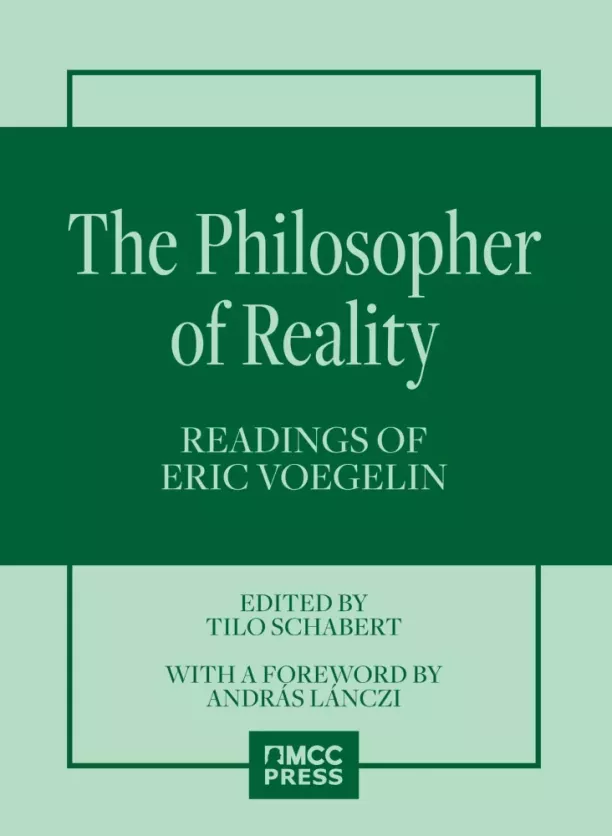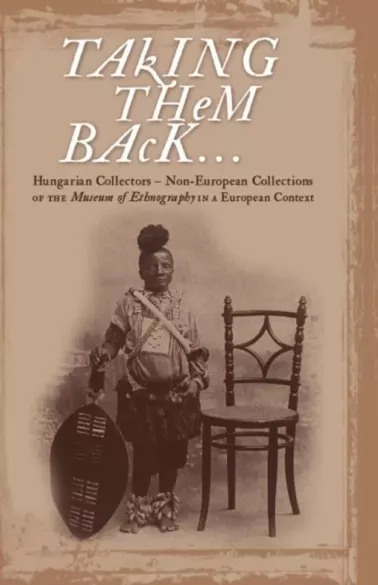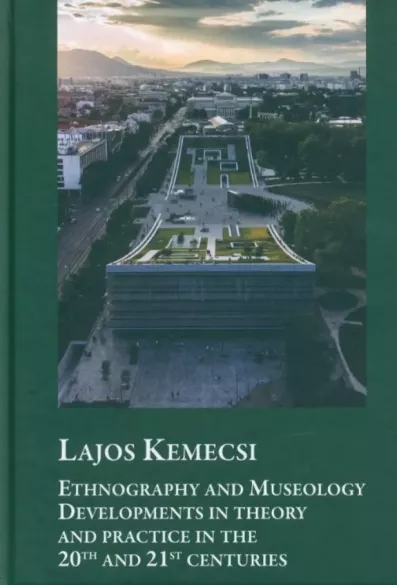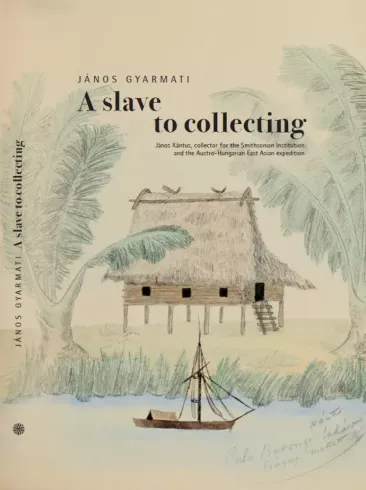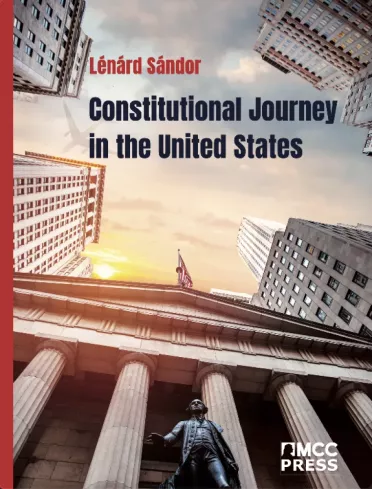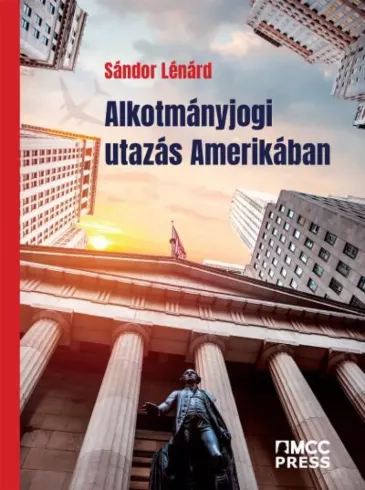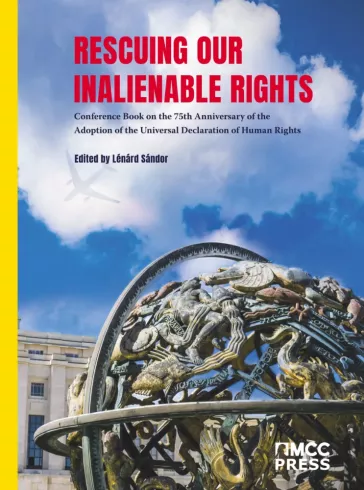
With the Rescuing Our Inalienable Rights conference book, Lénárd Sándor invites the readers on a true intellectual journey that aims to explore the historical importance of the Universal Declaration of Human Rights (UDHR). On the occasion of the 75th anniversary of this landmark document, the Mathias Corvinus Collegium, in collaboration with the Barna Horváth Law and Liberty Circle, organized an international conference to commemorate this remarkable achievement. The book contains the views and insights of renowned law professors, political philosophers, and judges from various constitutional and international courts from every legal culture and from every corner of the world. It also reflects a “rescue mission” since the widely shared consensus regarding the UDHR has grown weaker over the past decades. As the biblical story of the Tower of Babel showed, the idea of human rights has its dangers. The increasing belief in the omnipotence of human rights will lead astray instead of providing safeguards and solid guidance. The unique contributions of the authors help the reader comprehend the current debates and controversies around human rights, as well as provide guidance on the consensus around the UDHR.
With the Rescuing Our Inalienable Rights conference book, Lénárd Sándor invites the readers on a true intellectual journey that aims to explore the historical importance of the Universal Declaration of Human Rights (UDHR). On the occasion of the 75th anniversary of this landmark document, the Mathias Corvinus Collegium, in collaboration with the Barna Horváth Law and Liberty Circle, organized an international conference to commemorate this remarkable achievement. The book contains the views and insights of renowned law professors, political philosophers, and judges from various constitutional and international courts from every legal culture and from every corner of the world. It also reflects a “rescue mission” since the widely shared consensus regarding the UDHR has grown weaker over the past decades. As the biblical story of the Tower of Babel showed, the idea of human rights has its dangers. The increasing belief in the omnipotence of human rights will lead astray instead of providing safeguards and solid guidance. The unique contributions of the authors help the reader comprehend the current debates and controversies around human rights, as well as provide guidance on the consensus around the UDHR.
